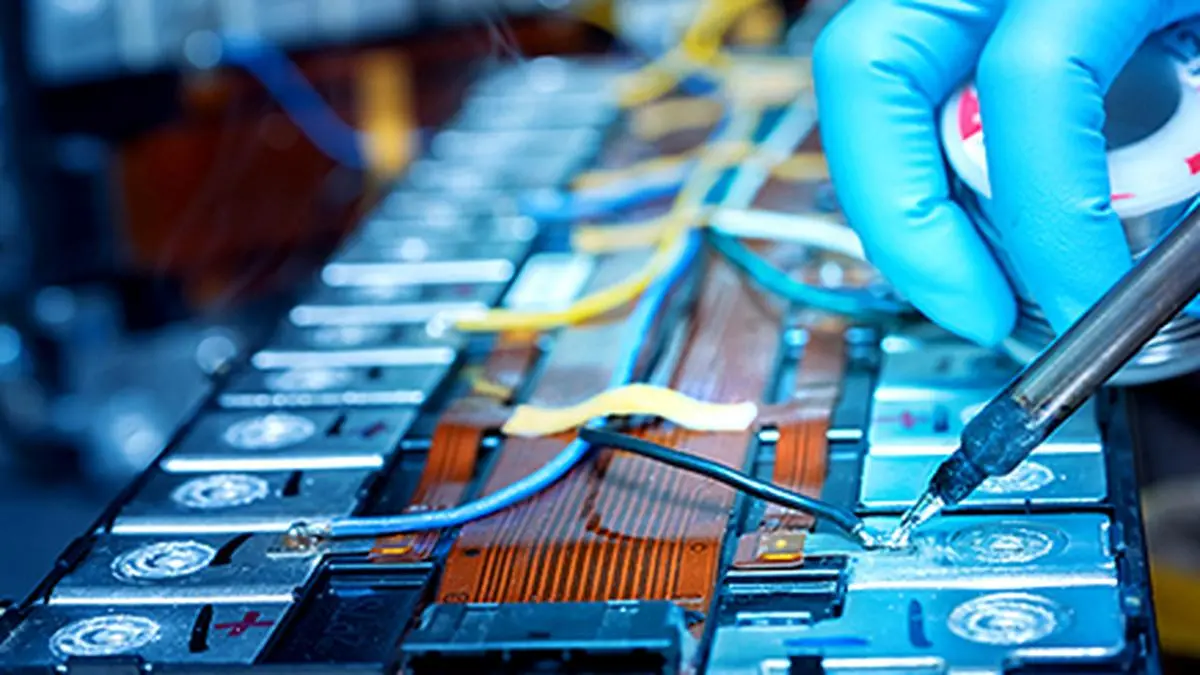Beyond Lithium: Indian Energy Experts Call for Battery Tech Diversification

India is experiencing an unprecedented surge in energy demand, driven by rapid economic growth and a commitment to renewable energy sources. This necessitates a massive expansion of energy storage capacity to ensure grid stability and reliable power supply. While lithium-ion batteries currently dominate the market, experts at the recent India Energy Storage Week (IESW) highlighted the limitations of relying solely on this technology and emphasized the need for diversification.
The Lithium Dependence Challenge
The current global reliance on lithium-ion batteries presents several challenges for India. Firstly, lithium itself is a geographically concentrated resource, primarily mined in countries like Australia, Chile, and Argentina. This creates supply chain vulnerabilities and potential geopolitical risks. Secondly, the extraction and processing of lithium can have significant environmental impacts, raising concerns about sustainability. Thirdly, the cost of lithium-ion batteries remains a barrier to widespread adoption, particularly for large-scale energy storage projects.
Exploring Alternative Battery Technologies
Recognizing these challenges, Indian energy experts are actively exploring alternative battery technologies that offer greater sustainability, affordability, and resource availability. Here are some of the key contenders:
- Sodium-ion Batteries: These batteries utilize sodium, an abundant element found in seawater, offering a more sustainable and cost-effective alternative to lithium. They also perform well in extreme temperatures, making them suitable for India's diverse climate.
- Solid-State Batteries: Offering improved safety, higher energy density, and faster charging times, solid-state batteries are considered a potential game-changer. While still in early stages of development, significant progress is being made.
- Flow Batteries: These batteries are well-suited for grid-scale energy storage due to their long lifespan, scalability, and independent sizing of power and energy. They use liquid electrolytes, allowing for flexible designs and efficient energy management.
- Other Emerging Technologies: Research and development are also focused on other promising technologies like aluminum-ion batteries, zinc-ion batteries, and metal-air batteries.
India Energy Storage Week: A Catalyst for Change
India Energy Storage Week served as a crucial platform for industry leaders, policymakers, and researchers to discuss the challenges and opportunities in the energy storage sector. The event showcased the latest advancements in battery technology and facilitated collaborations to accelerate the adoption of alternative battery solutions. Discussions centered around government policies, investment strategies, and the need for skill development to support the growing energy storage industry.
The Road Ahead: A Diversified Energy Storage Ecosystem
The call for battery technology diversification in India is not merely a technological shift; it's a strategic imperative for ensuring energy security, promoting sustainability, and fostering economic growth. A diversified energy storage ecosystem, encompassing various battery technologies, will be crucial for meeting India's ambitious energy goals and building a resilient and sustainable future. Continued investment in research and development, supportive government policies, and collaboration between industry and academia will be key to unlocking the full potential of these alternative battery solutions. The future of energy storage in India looks bright, but it requires a proactive and diversified approach.






